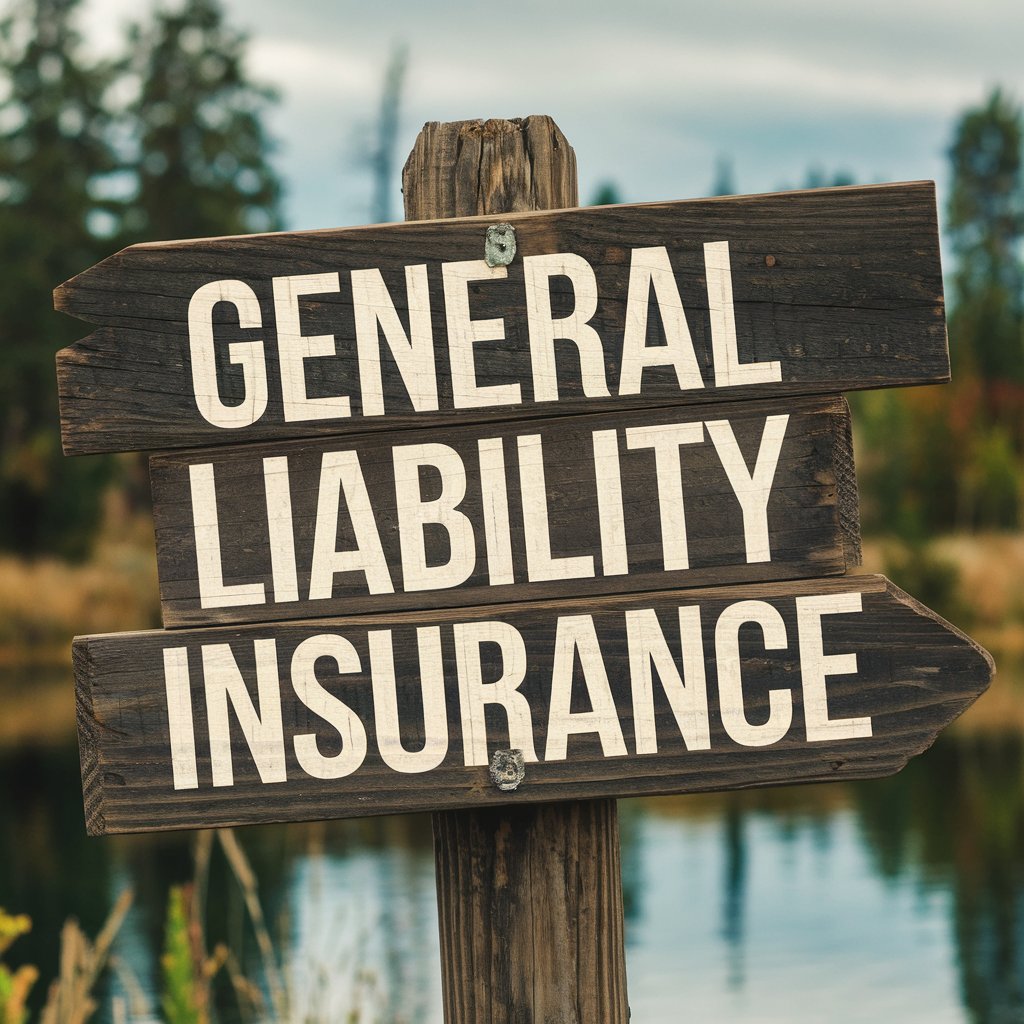Starting and running a small business is an exciting journey filled with opportunities and challenges. One critical aspect of business ownership that often gets overlooked, especially by new entrepreneurs, is the need for comprehensive insurance coverage. Among the various types of insurance available, General Liability Insurance stands out as a crucial safeguard for small businesses. In this blog, we’ll explore why general liability insurance is particularly important for small businesses, the common risks it covers, and provide tips on selecting the right policy tailored to your business needs.
Why General Liability Insurance is Important for Small Businesses
Protects Against Financial Losses
One of the primary reasons why general liability insurance is a must-have for small businesses is its ability to protect against significant financial losses. For small businesses, even a single lawsuit can have devastating financial consequences. General liability insurance provides coverage for a wide range of potential liabilities, including bodily injury, property damage, and personal injury claims, notes Blue Roof Management team. This means that if someone is injured on your business premises or if your business activities cause damage to someone’s property, your insurance can help cover the costs associated with these claims, including legal fees, medical expenses, and compensation.
Enhances Business Credibility
Having general liability insurance not only protects your business from potential lawsuits but also enhances your credibility with clients, customers, and partners. Many clients and partners prefer to work with businesses that have proper insurance coverage, as it demonstrates professionalism and a commitment to risk management. In some cases, businesses are required to have general liability insurance to bid on contracts or to lease commercial space. Therefore, having this insurance can open doors to new business opportunities and partnerships, giving your small business a competitive edge.
Compliance with Legal Requirements
In some jurisdictions, certain types of small businesses are legally required to have general liability insurance. For example, businesses in industries like construction, hospitality, or healthcare may face stricter regulations regarding liability insurance. Failure to comply with these requirements can result in fines, penalties, or even the suspension of business operations. Ensuring your business has the necessary insurance coverage helps you stay compliant with local laws and regulations, reducing the risk of legal complications.
Common Risks Faced by Small Businesses Covered by General Liability Insurance
Bodily Injury Claims
One of the most common risks faced by small businesses is the potential for bodily injury claims. If a customer, vendor, or visitor slips and falls on your business premises, you could be held liable for their injuries. General liability insurance covers medical expenses, legal fees, and other costs associated with bodily injury claims, providing essential financial protection for small businesses.
Property Damage Claims
Small businesses also face the risk of property damage claims. For example, if you accidentally damage a customer’s property while performing a service or if a faulty product you sell causes damage to a client’s premises, you could be held responsible for the repair or replacement costs. General liability insurance covers these types of property damage claims, ensuring your business is protected from significant financial losses.
Personal and Advertising Injury Claims
In addition to bodily injury and property damage, general liability insurance also covers personal and advertising injury claims. This includes claims related to defamation, copyright infringement, and false advertising. For small businesses, these types of claims can arise from marketing activities or interactions with competitors. Having the right insurance coverage helps protect your business from potential lawsuits and the associated costs.
Product Liability Claims
If your small business manufactures, sells, or distributes products, you could be exposed to product liability claims. If a product you sell causes injury or damage due to a defect or lack of proper warnings, you could be held liable. General liability insurance often includes product liability coverage, which helps protect your business from the financial impact of such claims.
Tips on Selecting the Right General Liability Insurance for Small Businesses
Assess Your Business Risks
Before selecting a general liability insurance policy, it’s essential to assess the specific risks associated with your small business. Consider the nature of your business, the industry you operate in, and the types of interactions you have with customers and clients. Understanding your business risks will help you determine the appropriate level of coverage needed to protect your business effectively.
Compare Multiple Insurance Providers
When it comes to selecting the right general liability insurance, it’s crucial to compare policies from multiple insurance providers. Look for providers who specialize in small business insurance and offer policies tailored to your industry and business needs. For example, if you’re in construction or a related trade, exploring Contractors Insurance Coverage can help ensure that you’re adequately protected against industry-specific risks such as equipment damage or job site injuries. Comparing quotes, coverage options, and policy terms will help you find the best coverage at a competitive price.
Check for Additional Coverage Options
While general liability insurance provides comprehensive coverage for many risks, it’s also important to consider additional coverage options that may be relevant to your business. For example, if your business owns vehicles, you may need commercial auto insurance. If you have employees, workers’ compensation insurance may be required. Evaluating your overall insurance needs will help you select a policy that provides the most comprehensive protection for your small business.
Understand the Policy Limits and Deductibles
When choosing a general liability insurance policy, pay close attention to the policy limits and deductibles. Policy limits refer to the maximum amount your insurance provider will pay for a covered claim, while deductibles are the out-of-pocket costs you must pay before your insurance coverage kicks in. Ensure that the policy limits are sufficient to cover potential claims and that the deductible is affordable for your business.
Review the Policy Exclusions
It’s important to carefully review the exclusions in your general liability insurance policy. Exclusions are specific situations or incidents that are not covered by the policy. Understanding what is not covered will help you identify any potential gaps in coverage and determine if additional insurance is needed to protect your business adequately.
Consult with an Insurance Professional
If you’re unsure about which general liability insurance policy is best for your small business, consider consulting with an insurance professional. An experienced insurance agent or broker can help you navigate the complexities of insurance coverage, assess your business risks, and recommend the most suitable policy options. Working with a professional ensures that you have the right coverage to protect your business from potential liabilities.
Conclusion
General Liability Insurance is a vital component of a comprehensive risk management strategy for small businesses. It protects against a wide range of potential liabilities, including bodily injury, property damage, and personal injury claims. By selecting the right policy tailored to your business needs, you can safeguard your business from financial losses, enhance your credibility, and ensure compliance with legal requirements. Remember to assess your risks, compare providers, and consult with an insurance professional to find the best coverage for your small business. Investing in general liability insurance is not just about compliance; it’s about securing the future of your business and building a solid foundation for long-term success.






